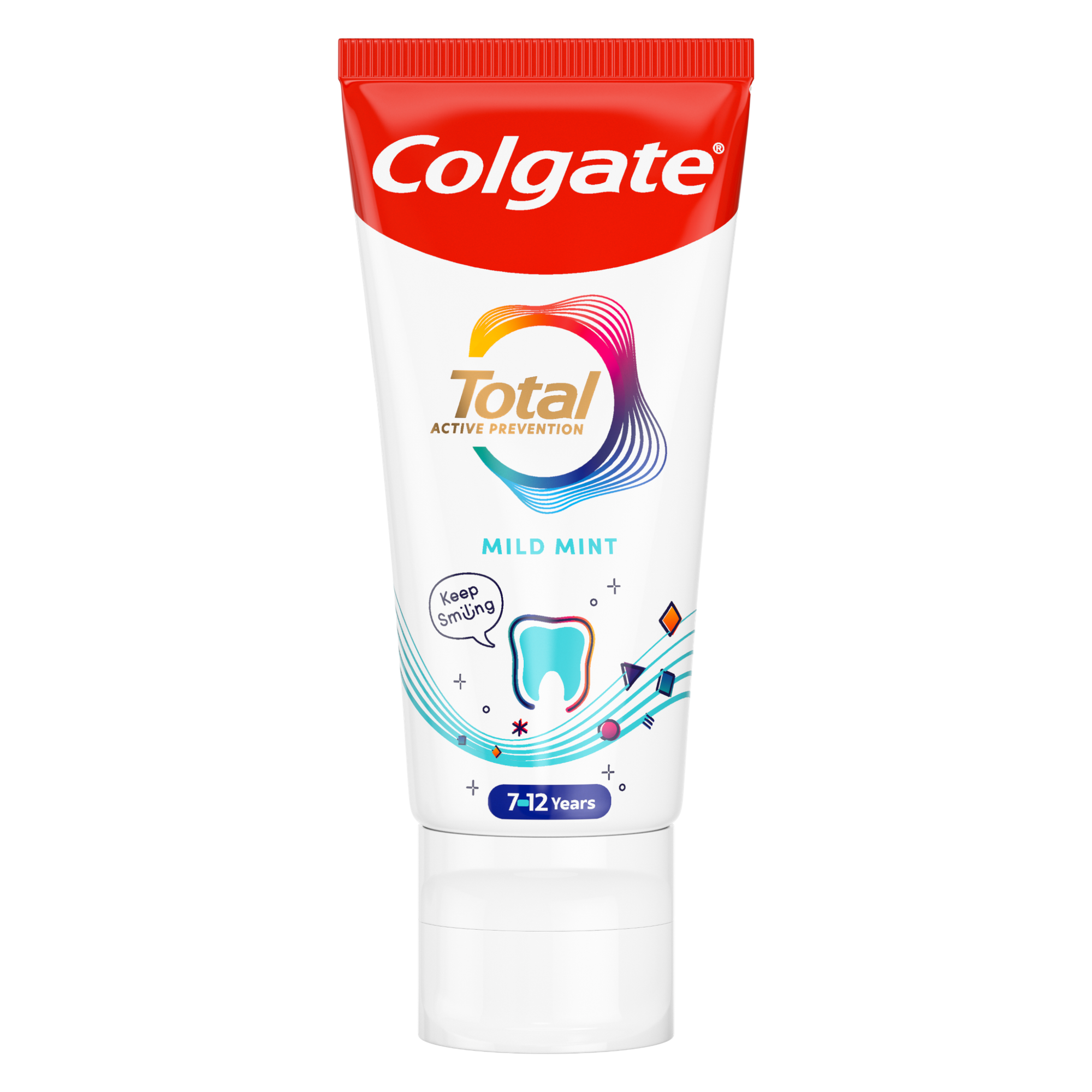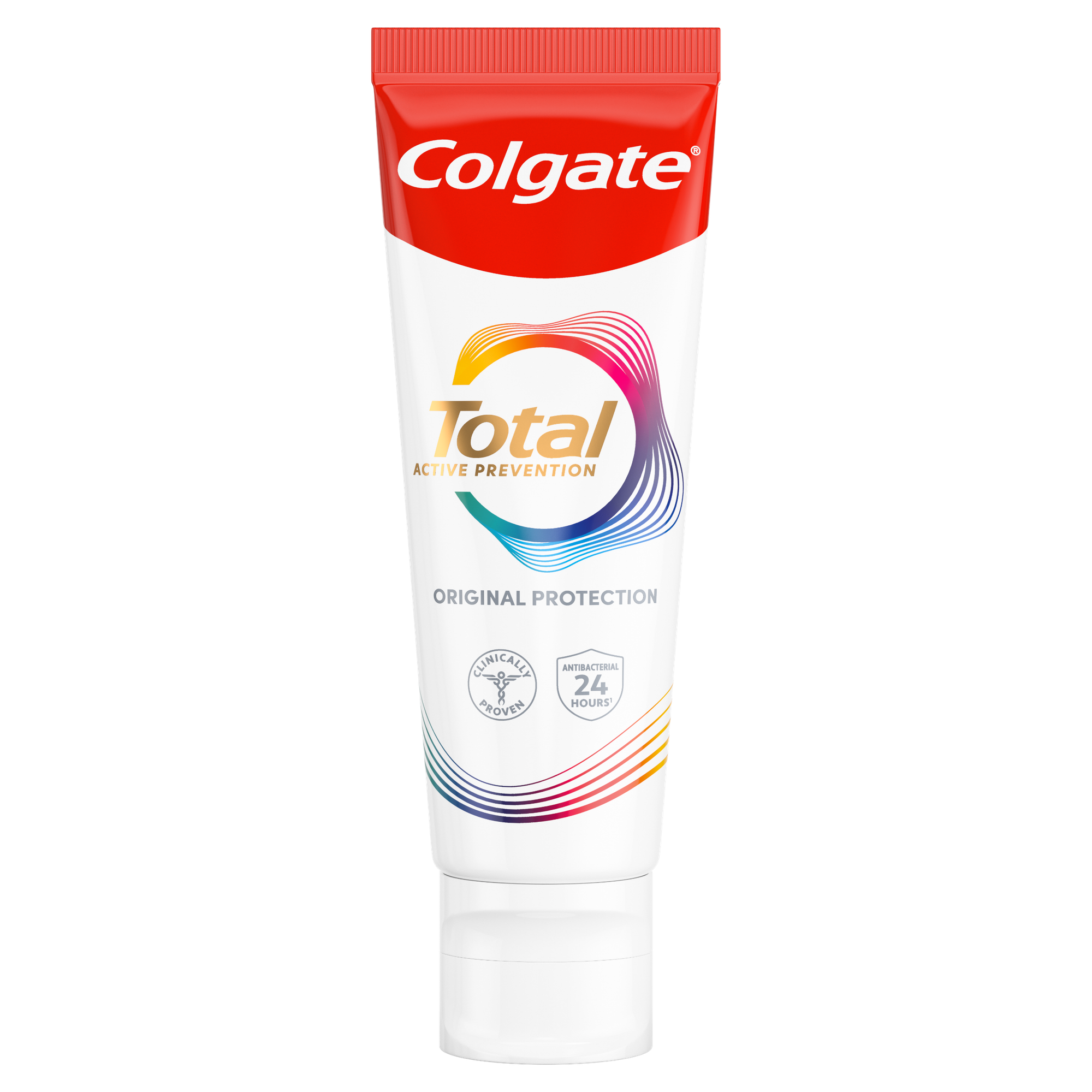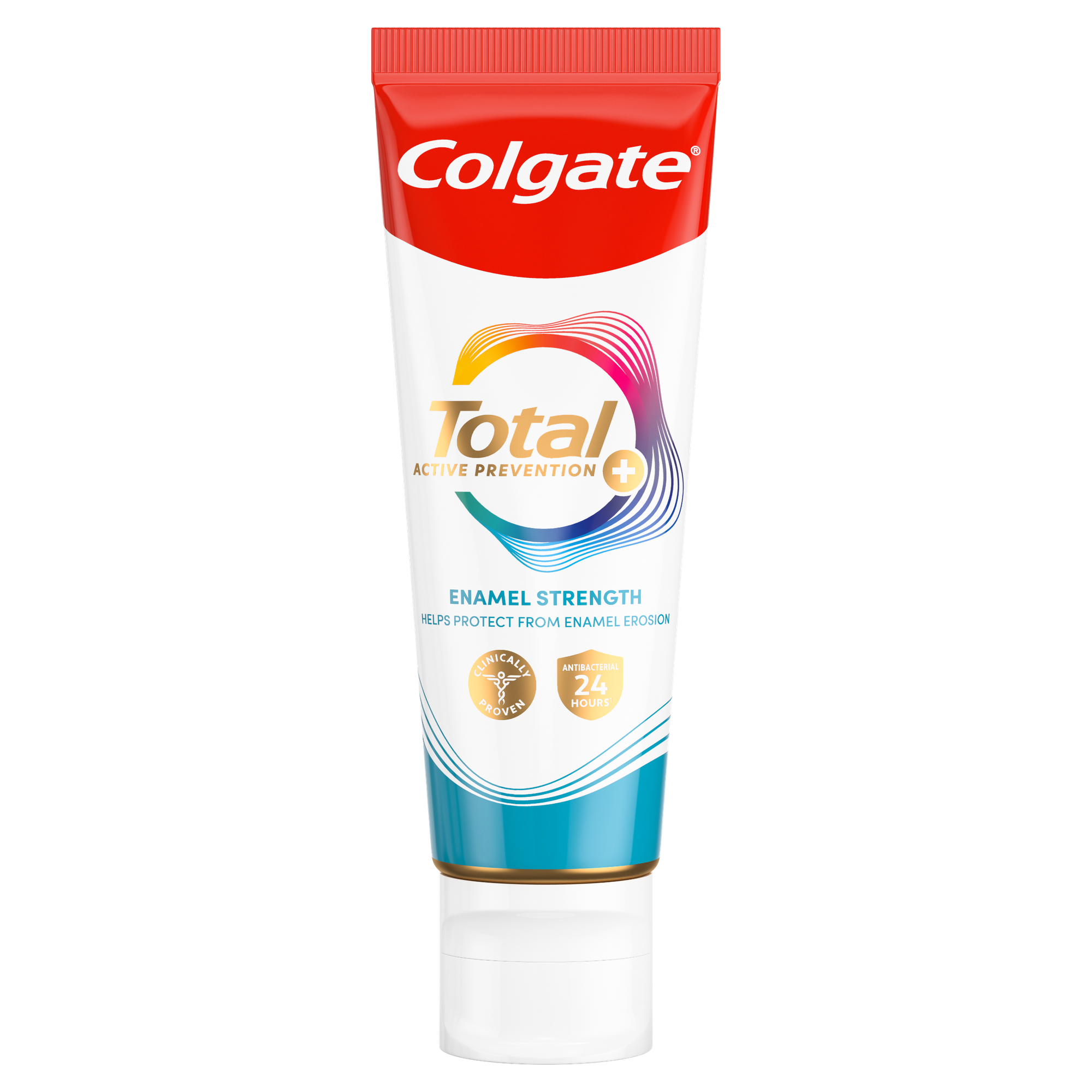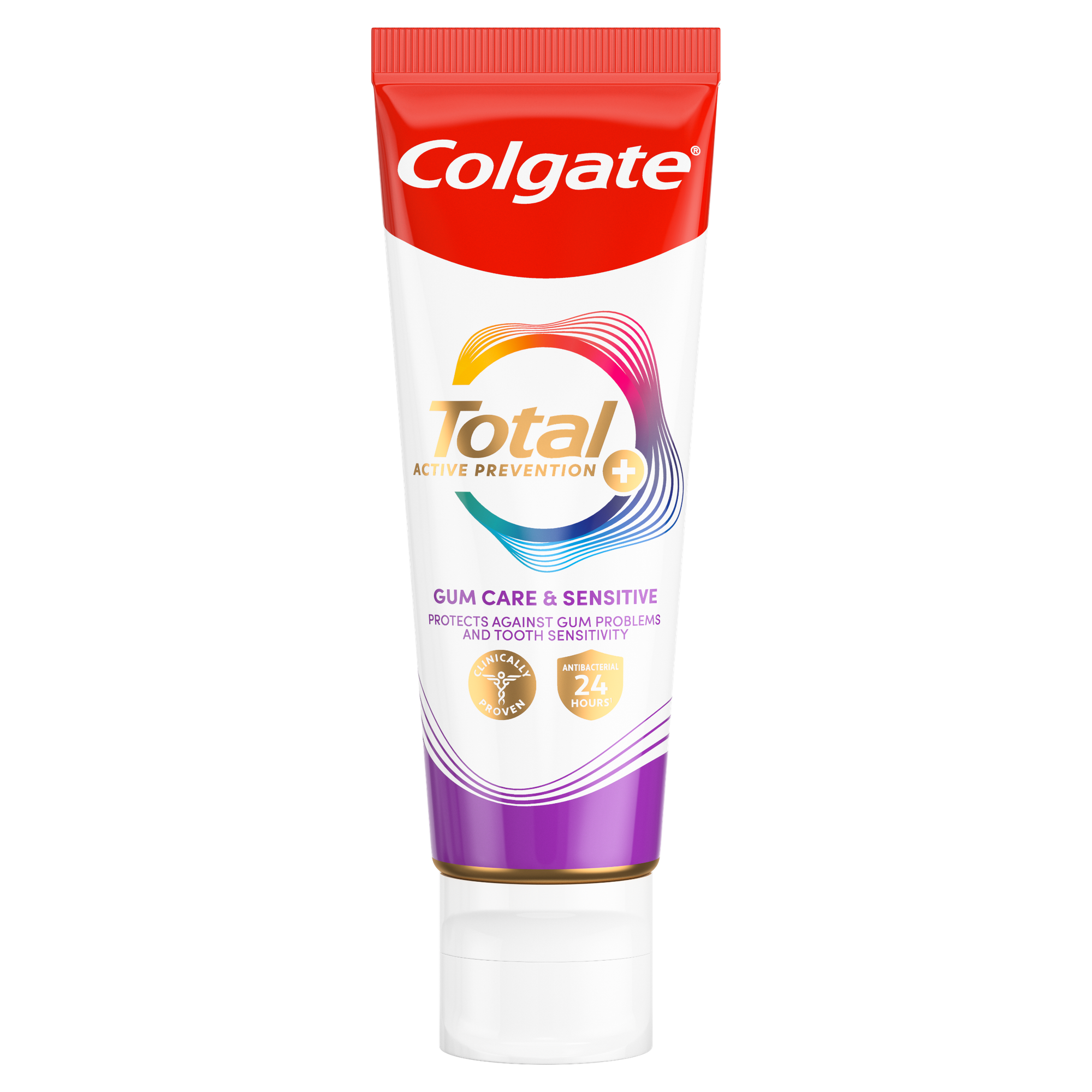-
-

FLUORIDE
What Is Stannous Fluoride Toothpaste?Stannous fluoride toothpaste helps prevent cavities, reduce sensitivity, fight plaque, and support daily gum and enamel health.

TEETH WHITENING
Why Should I Whiten My Teeth?Maybe you've always wanted a beautiful white smile. Or your teeth have yellowed over time...
-
Science & Innovation
- ORAL HEALTH CHECK
- PRODUCT MATCH
- Colgate® | Toothpaste, Toothbrushes & Oral Care Resources
- Oral Health
- Tooth Swelling: Causes and How to Relieve Discomfort


There are numerous potential causes of tooth swelling. Whatever the cause, it can be a serious issue that is often the result of bacterial infection. As such, while there are some things you can do for it at home, it should be diagnosed and treated by your dentist, particularly if accompanied by a fever and face swelling. According to NI Direct, if you are experiencing all these symptoms in addition to swelling of the teeth, the infection may be spreading and could cause additional health issues such as difficulty swallowing or breathing. If you are unable to see your doctor immediately, it is highly recommended that you go to A&E.
Potential Causes of Tooth and Gum Swelling
Tooth abscess: This is often caused by extreme tooth decay at your tooth's root and can lead to both tooth and gum swelling. It often begins simply as a toothache. Other symptoms of an abscess include bad breath, fever, teeth sensitivity and swollen glands.
Wisdom teeth irritation: As wisdom teeth attempt to break through the gums, swelling may occur. To relieve this pressure, dentists and oral surgeons will often recommend wisdom teeth removal surgery. Following wisdom teeth removal, swelling may again be noticeable in the gum and teeth regions as your mouth heals. To relieve some discomfort and to fight any bacteria, be sure to rinse your mouth with salty warm water every few hours. Ice packs against the side of your mouth can also allay the pain.
Gingivitis: This is the most common cause of puffy, red and irritated gums. Bleeding gums, especially after flossing or brushing, are also a symptom of gingivitis. The earlier you treat gingivitis, the better your chances are of reversing the effects of it on your dental health.
Vitamin C deficiency: Swelling around the teeth is one symptom of this vitamin deficiency, as is a swollen tongue. Doctors and dentists will often recommend not only eating more fruit, but also taking vitamin C supplements.
Treatment and Pain Relief for Tooth Swelling
While you can take precautions against swelling in your mouth by daily flossing and brushing, which will greatly reduce the amount of harmful bacteria on your teeth and below your gum line, it can happen to even the most dedicated of teeth-brushers. One remedy is to gargle with salt water because that rinses away bacteria. However, this is only a home remedy, and the problem may require professional attention, especially if it starts to spread.
Be sure to speak with your dentist and doctor, particularly if you have recently started a new medication. Certain medications have side effects of tooth swelling. Also, if you notice that your toothpaste or mouthwash irritates your teeth and gums and inflames the situation further, discontinue use of that product until you see your healthcare provider.
Swelling can be a serious issue, and it should be addressed as such. Dentists can prescribe antibiotics and medications that will not only treat the pain but target the probable root cause, the bacterial infection.
This article is intended to promote understanding of and knowledge about general oral health topics. It is not intended to be a substitute for professional advice, diagnosis or treatment. Always seek the advice of your dentist or other qualified healthcare provider with any questions you may have regarding a medical condition or treatment.
Related Articles

Teeth whitening
What is Enamel Microabrasion?A brighter smile can boost your confidence, consider a professional enamel microabrasion. Click here to learn more about enamel microabrasion with Colgate®

Tooth removal
Tooth Extraction Healing Time: What's NormalSometimes, it's necessary to have a tooth pulled out. Discover our guidelines on the typical tooth extraction healing time and tips for a quick recovery.

Tooth removal
Dry Socket Prevention: Caring For Yourself After An ExtractionA tooth extraction should be uneventful, and if you follow a few dry socket prevention tips, your recovery will be just as smooth. Find out more, here.
Related Products

Helping dental professionals
More professionals across the world trust Colgate. Find resources, products, and information to give your patients a healthier future







